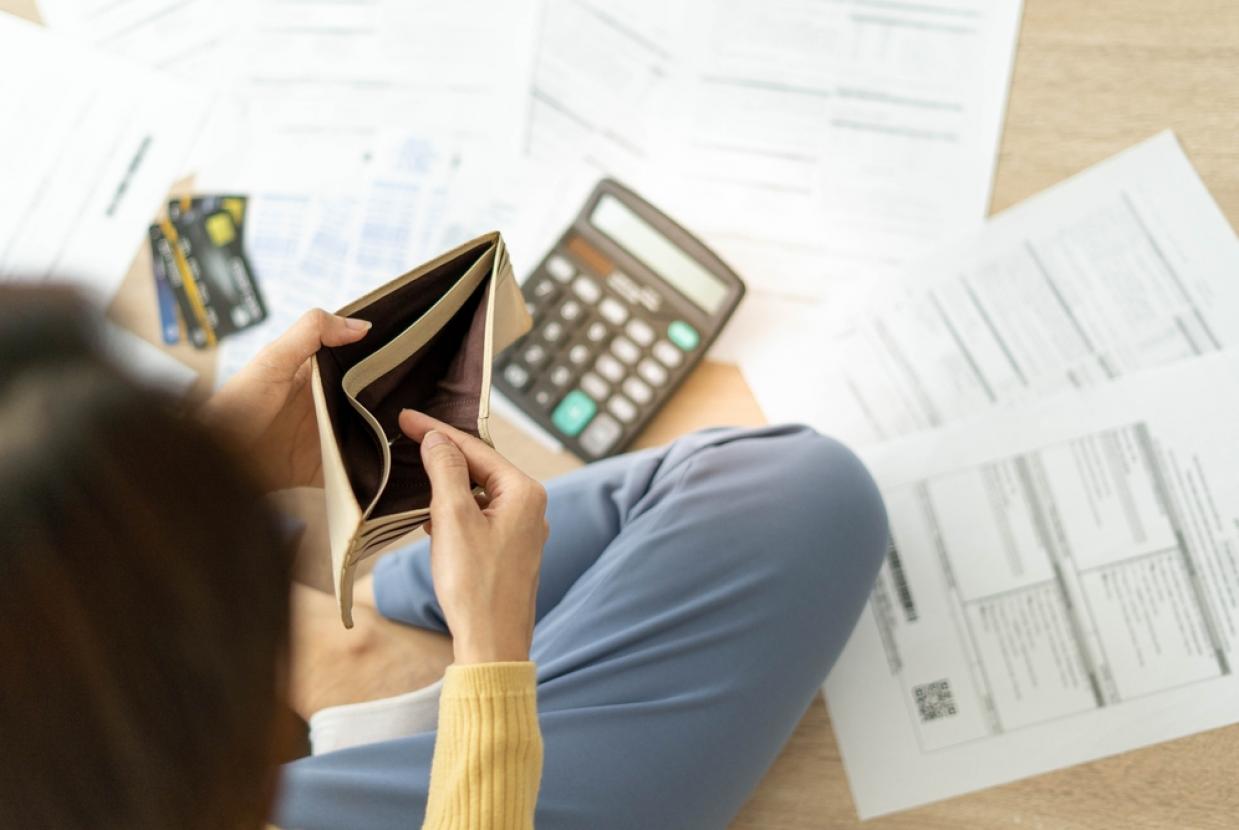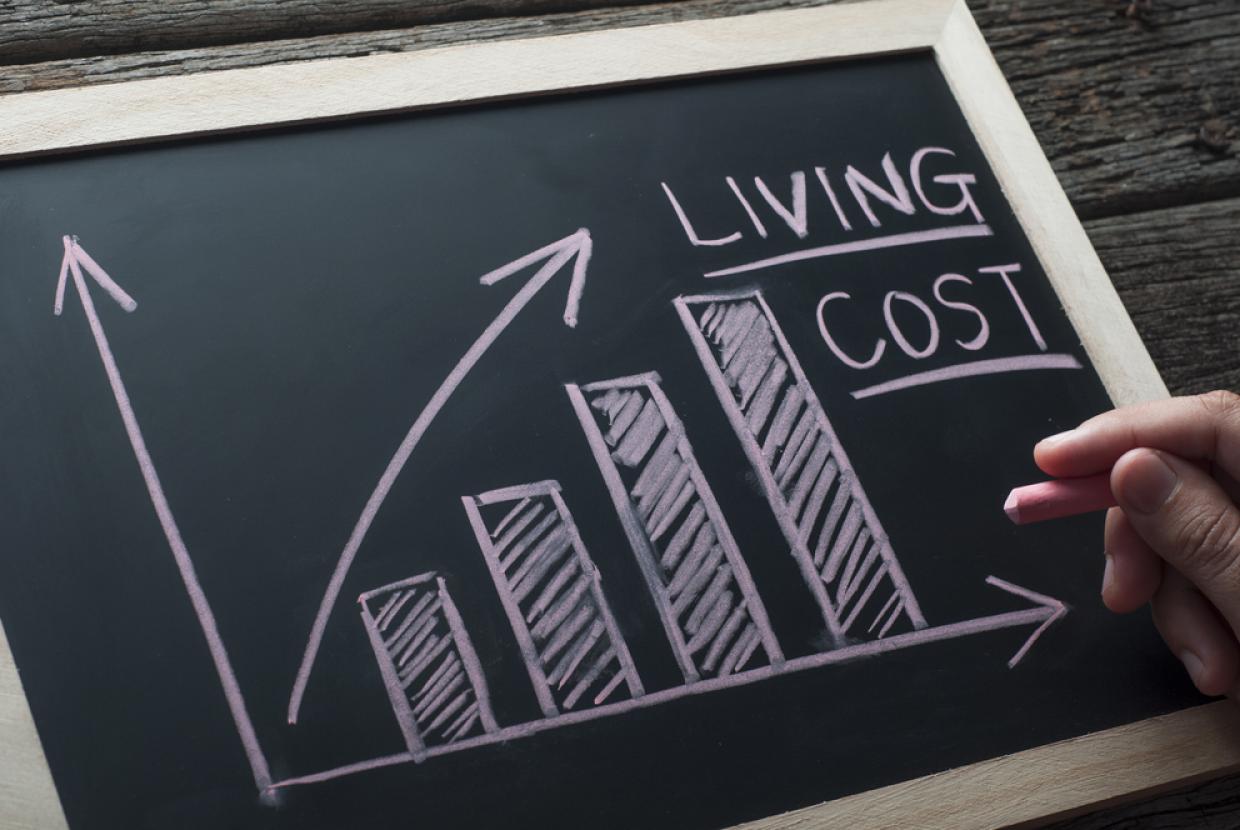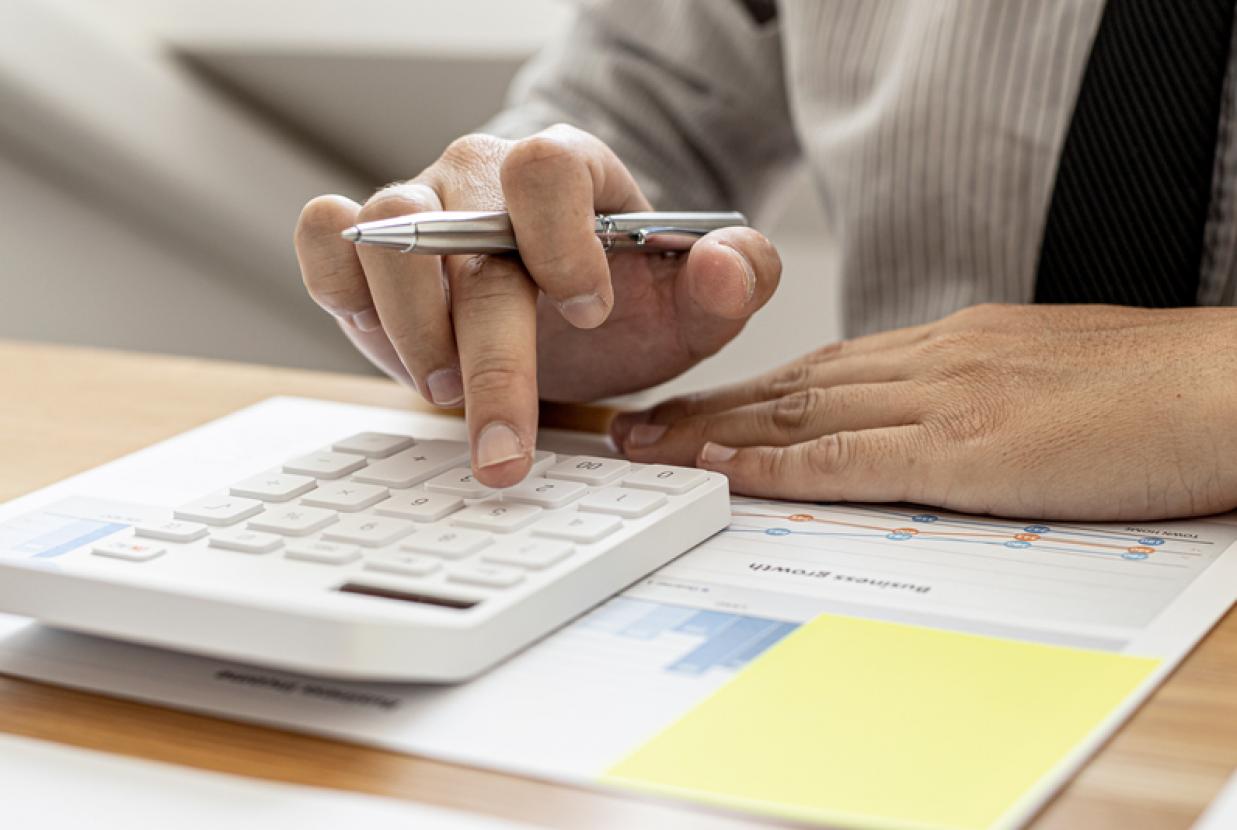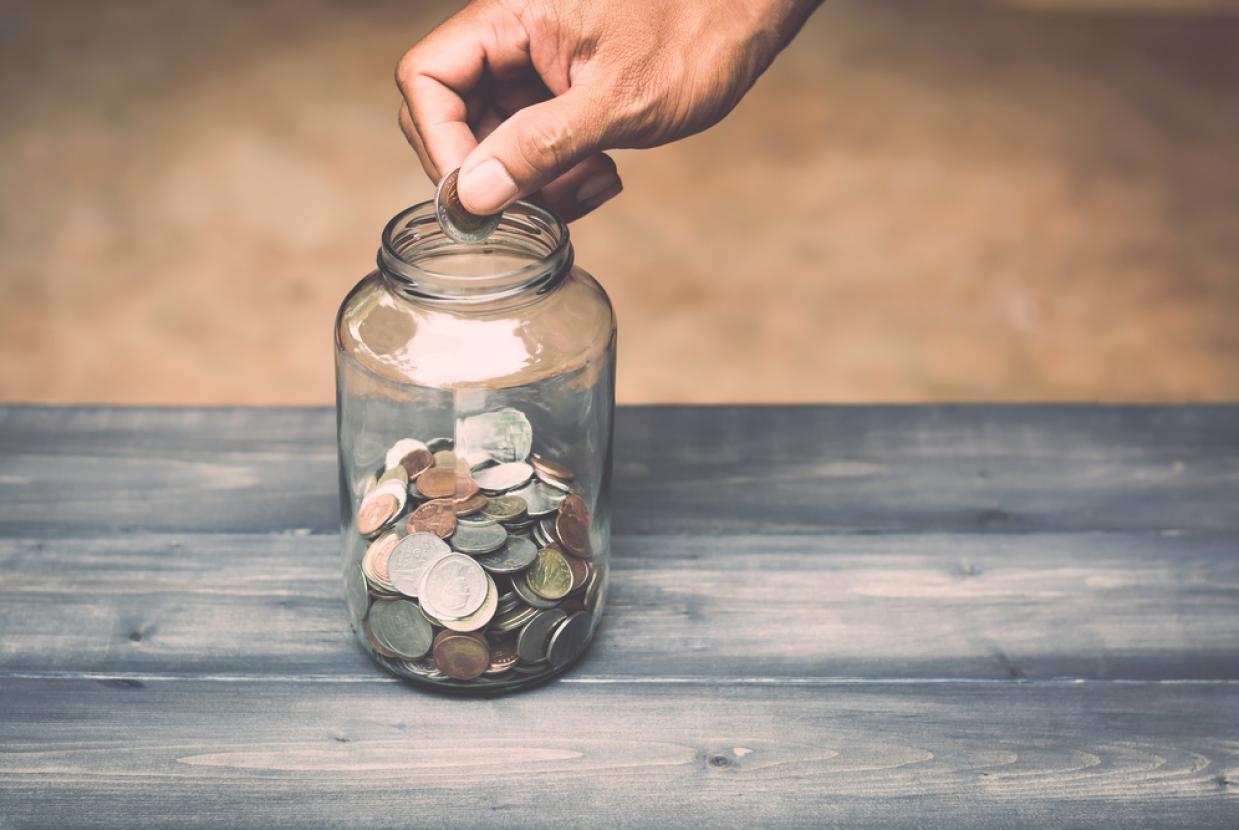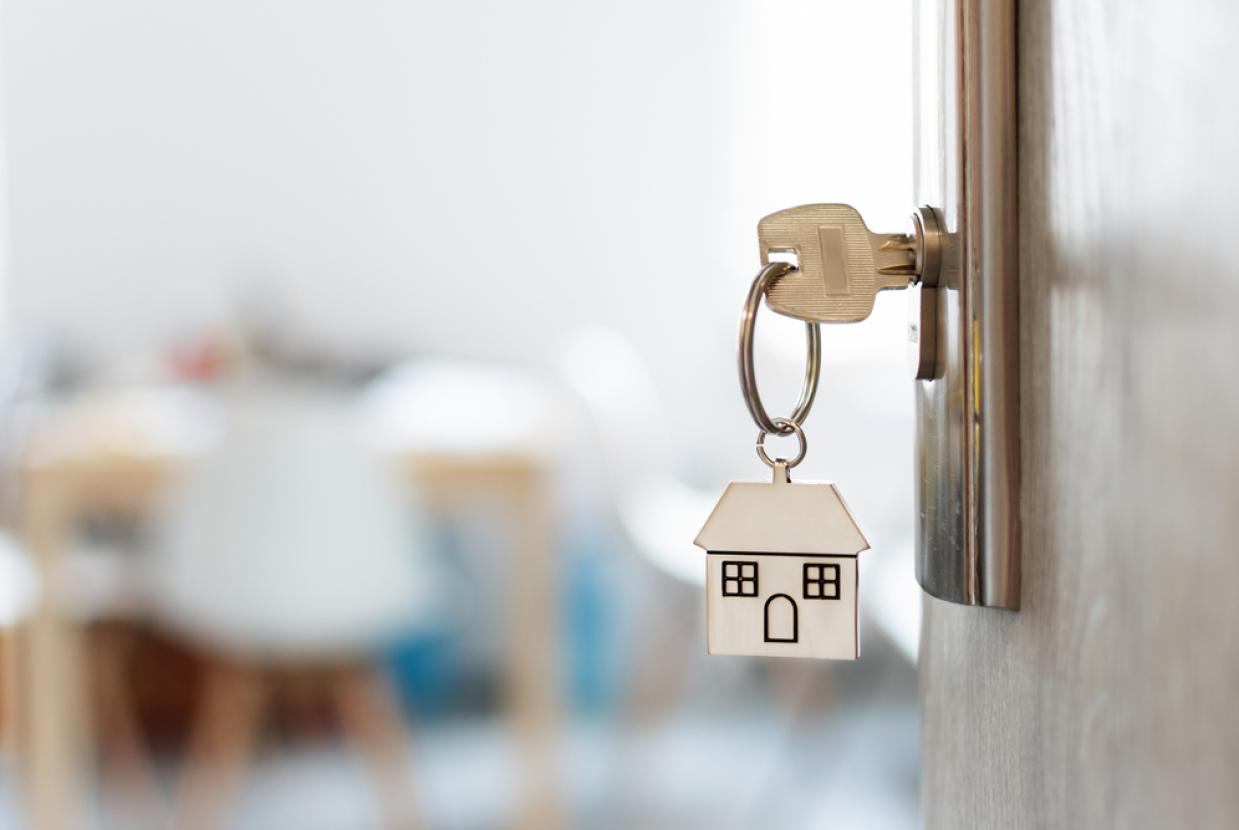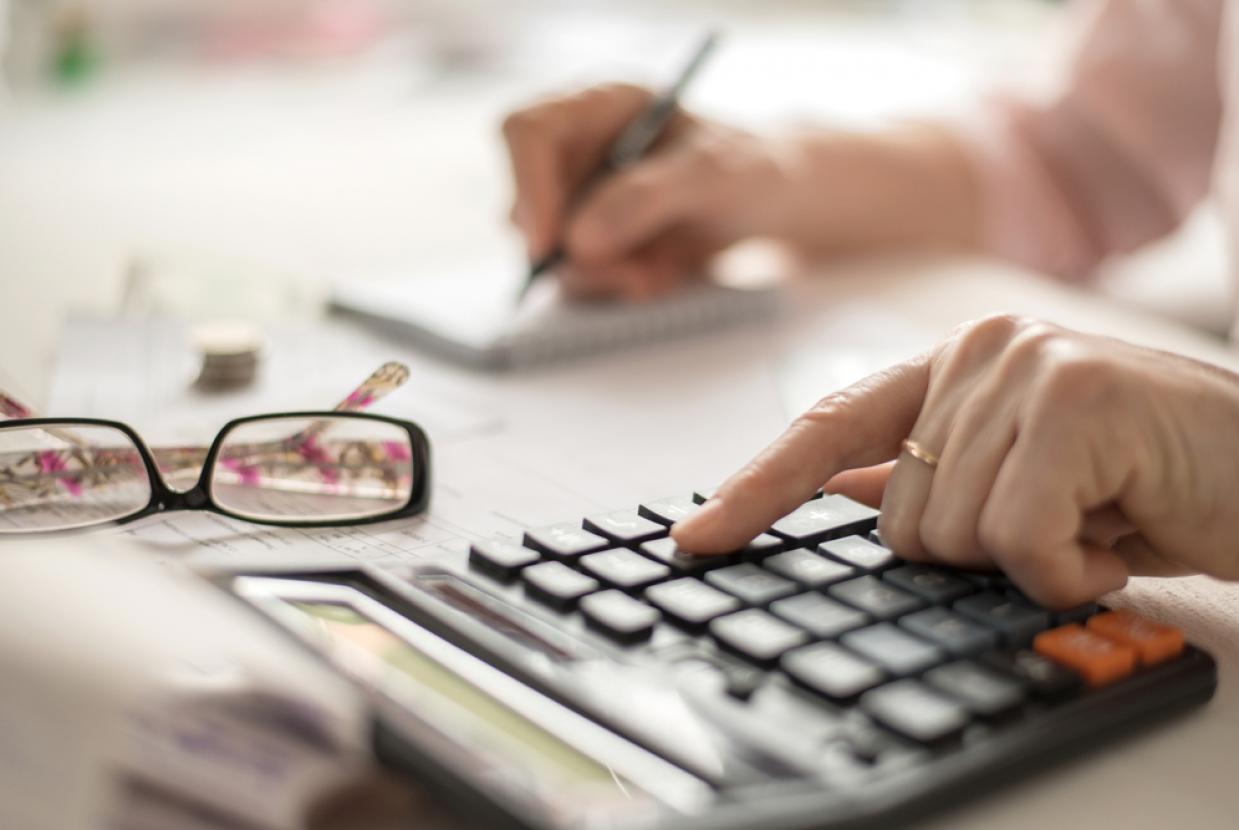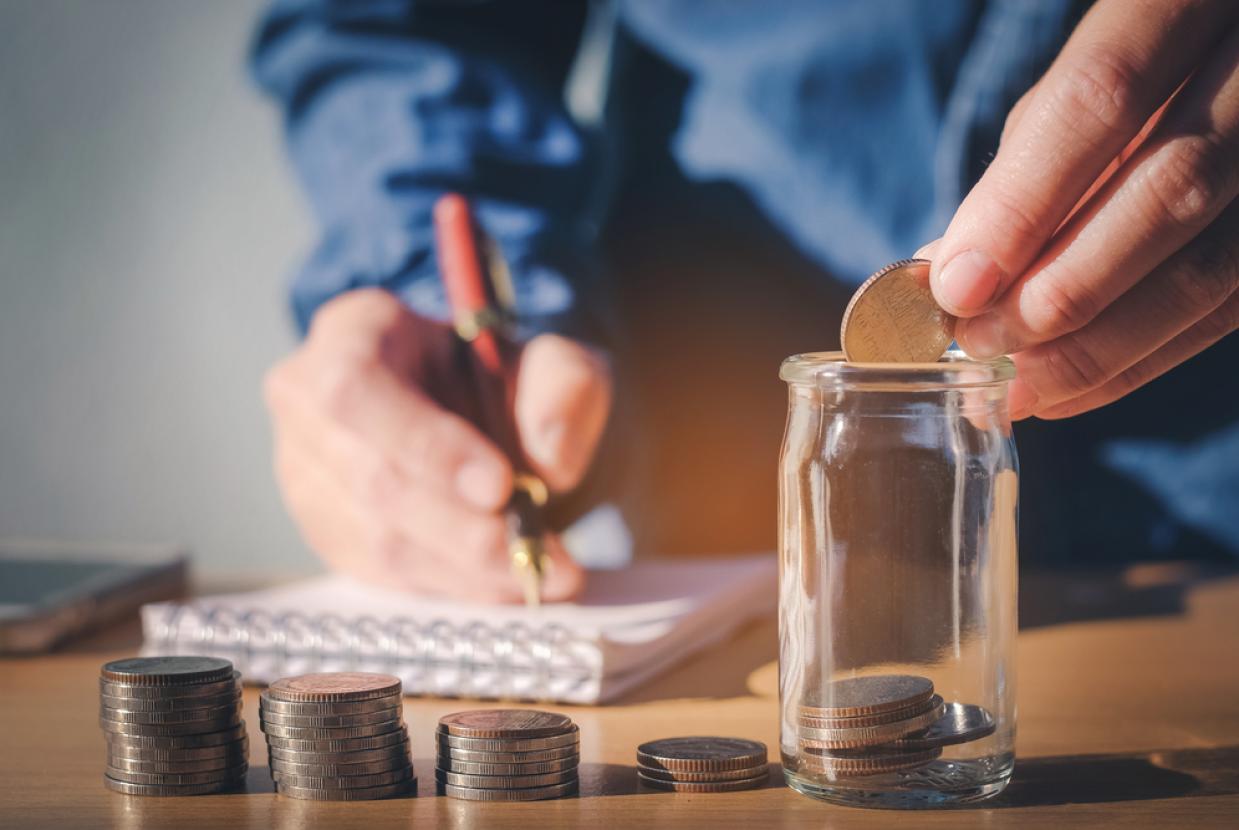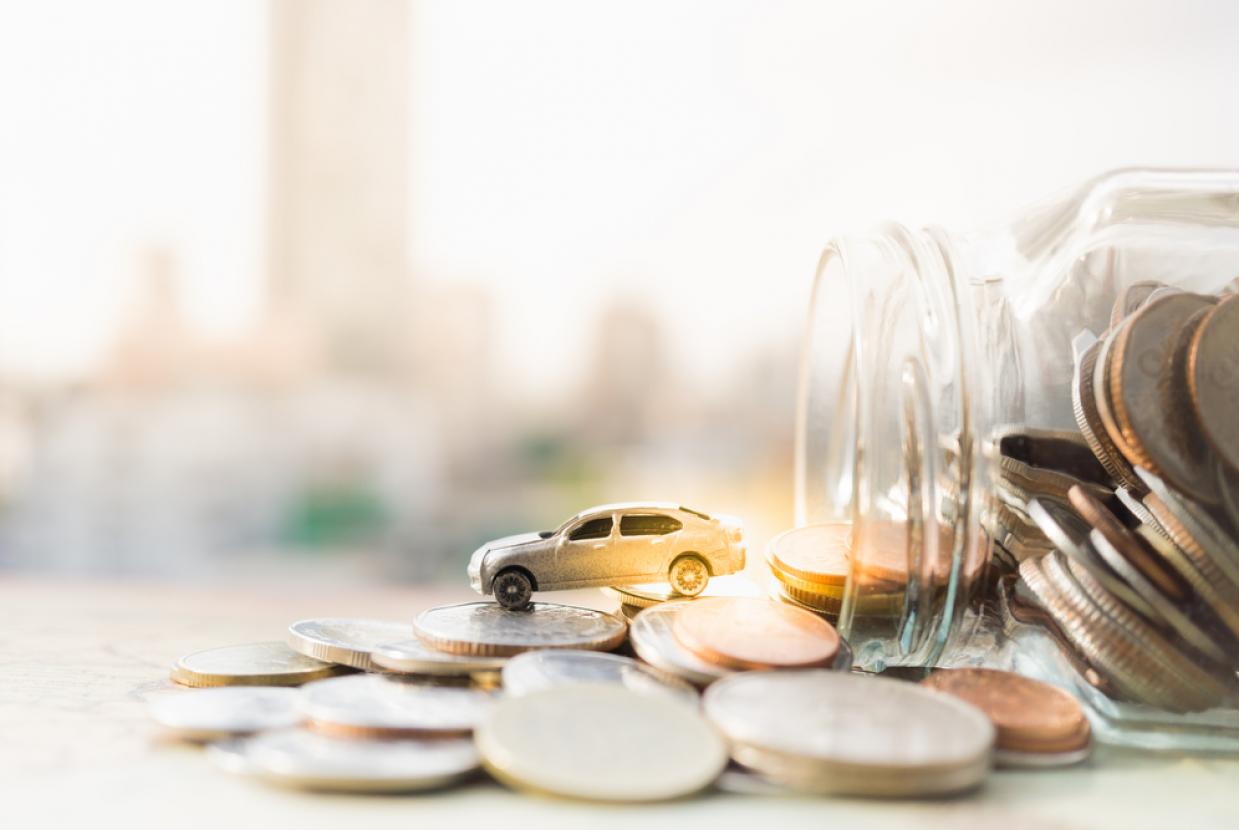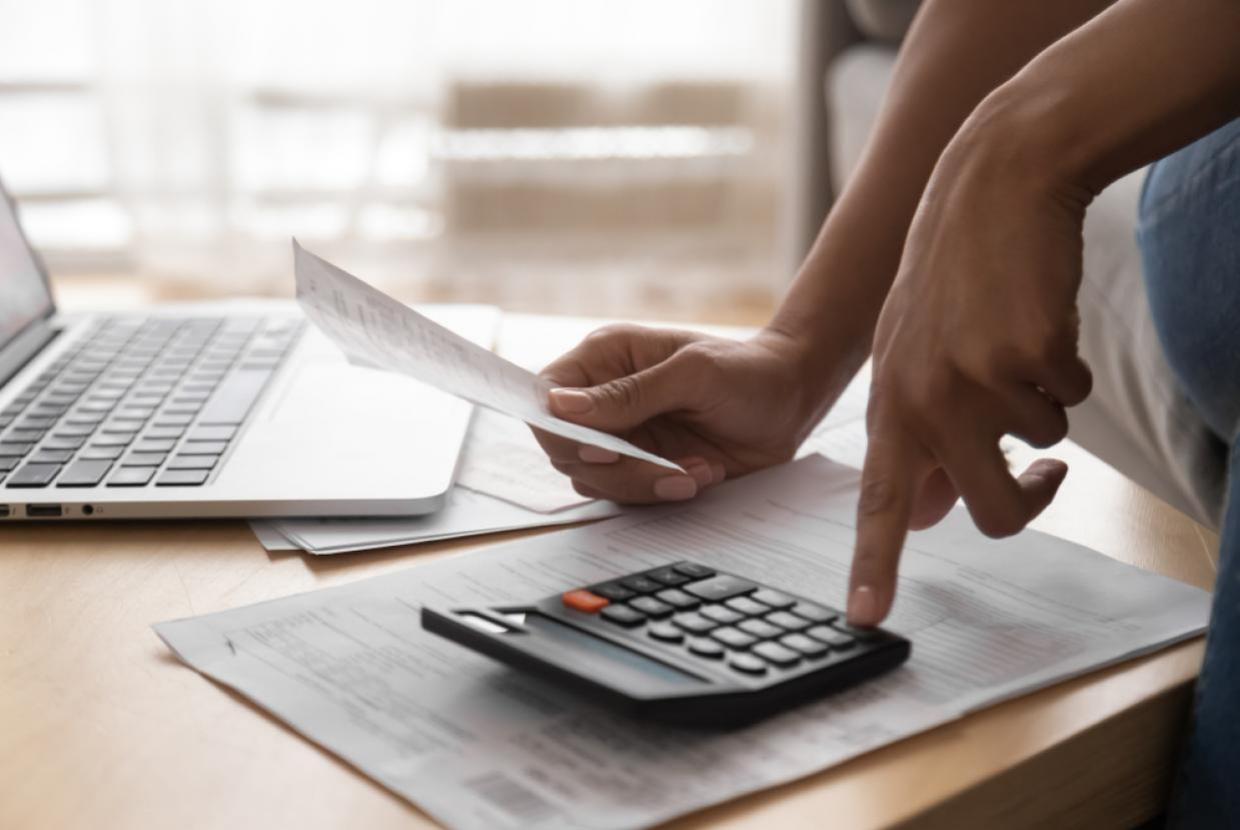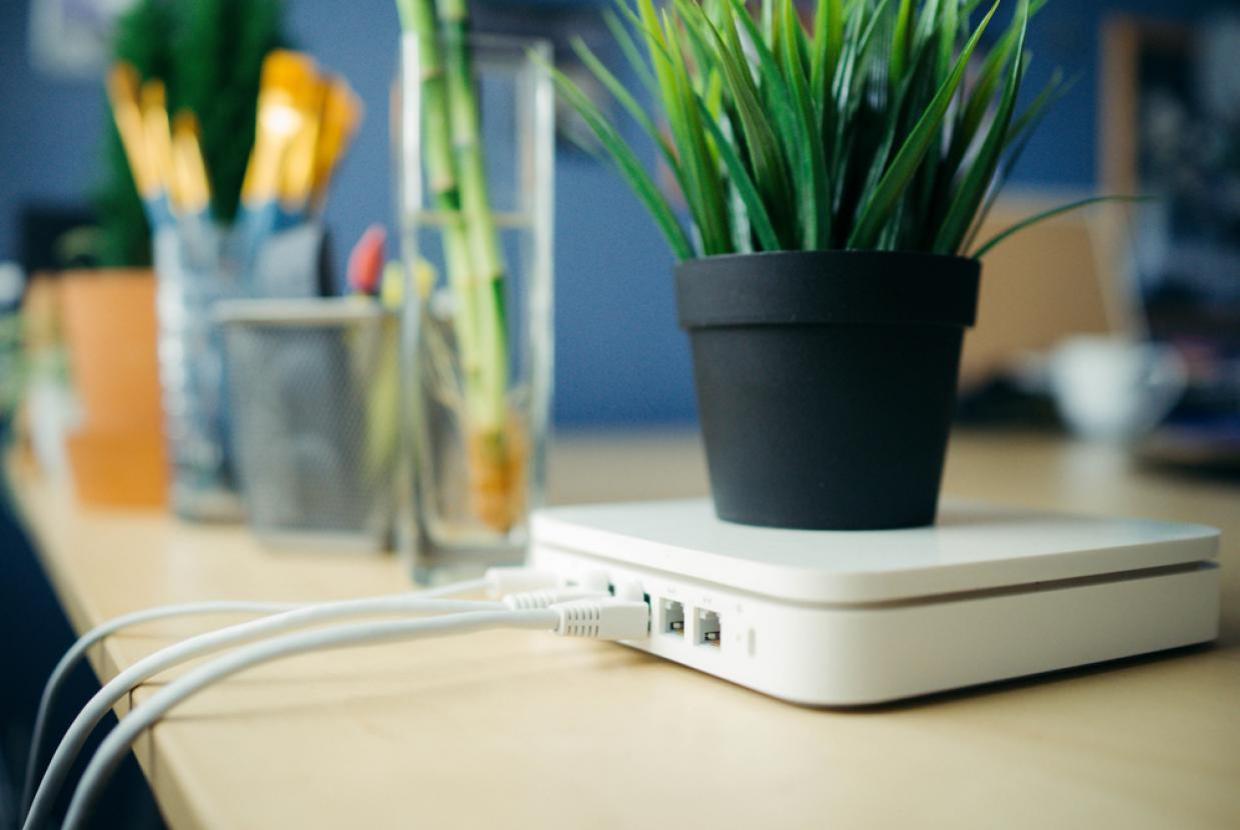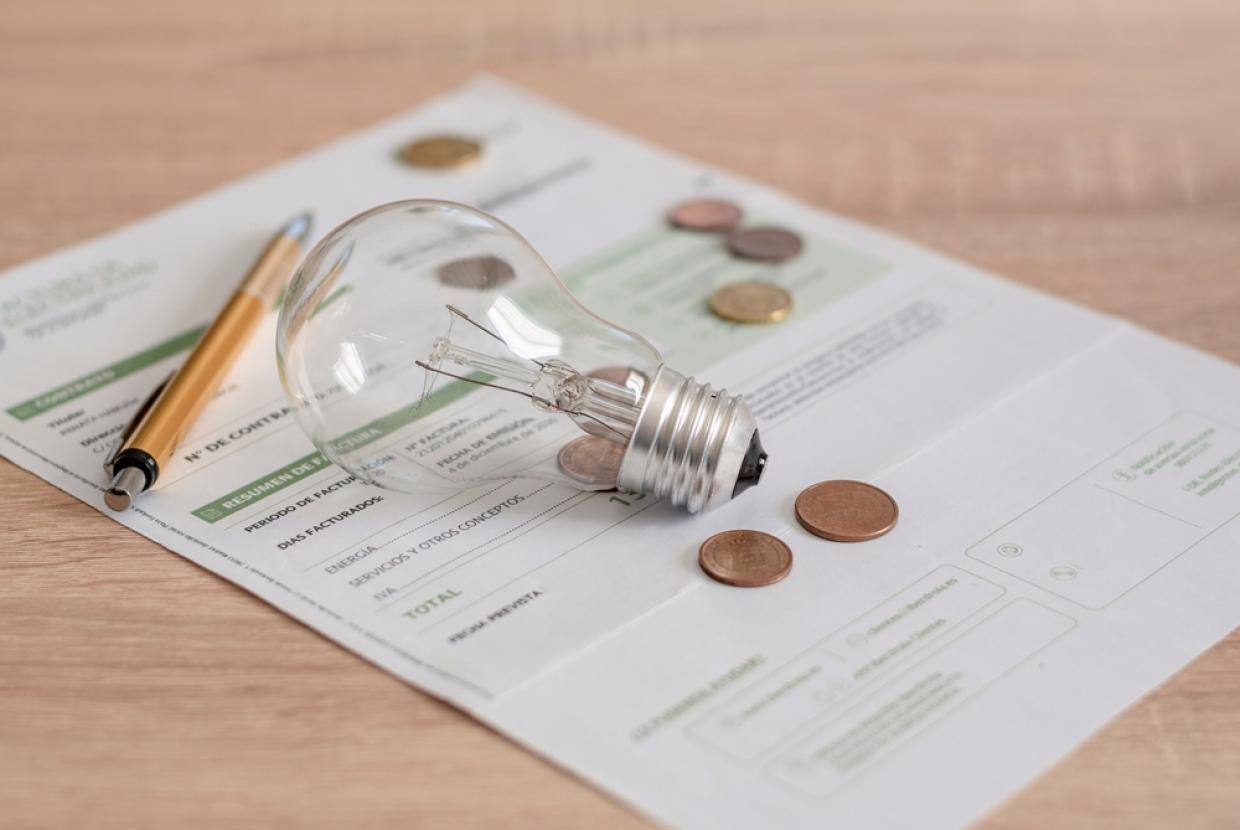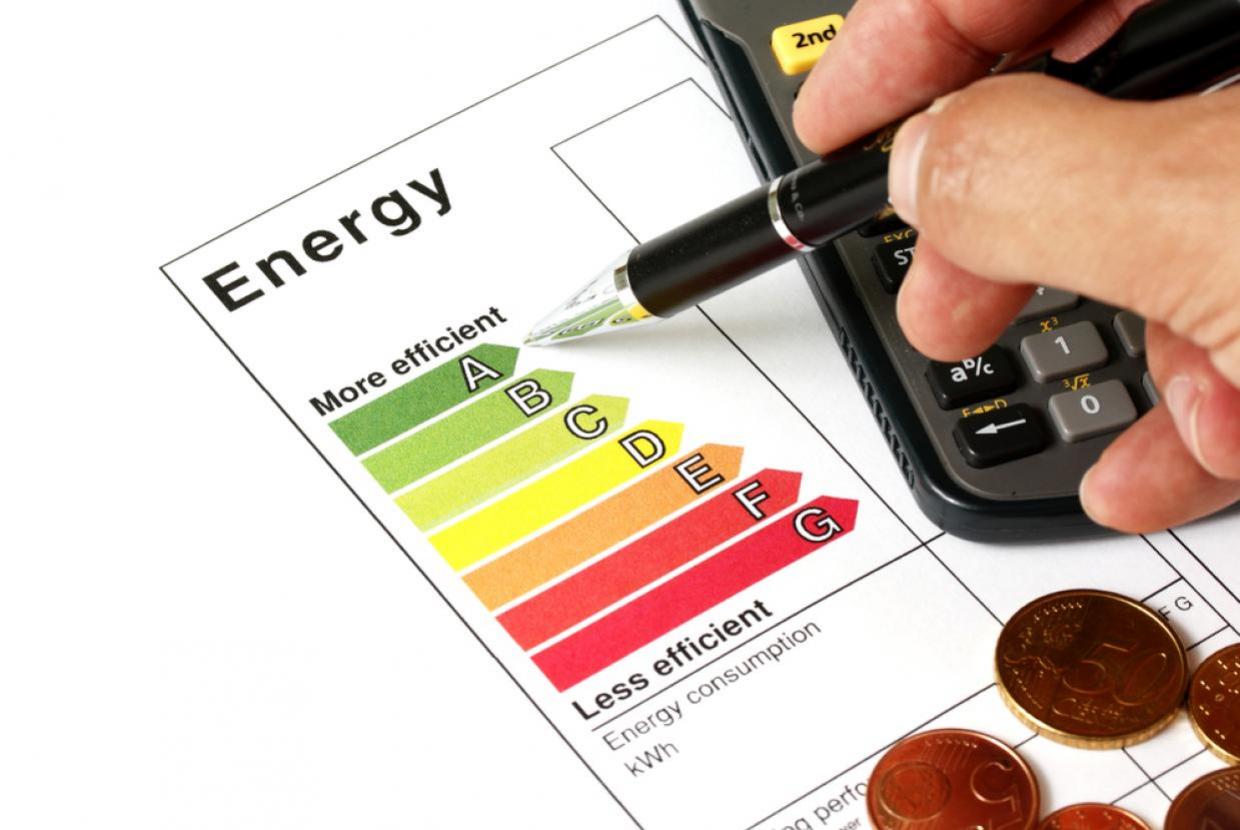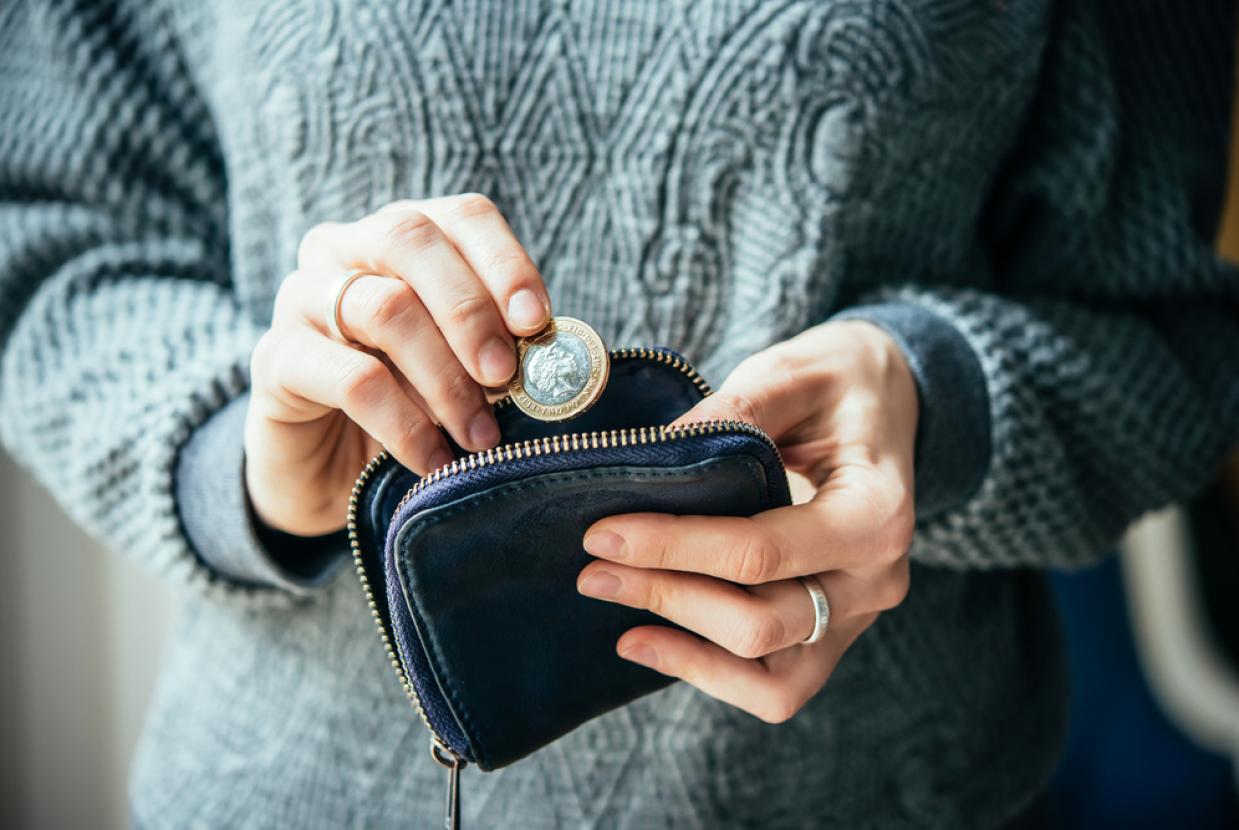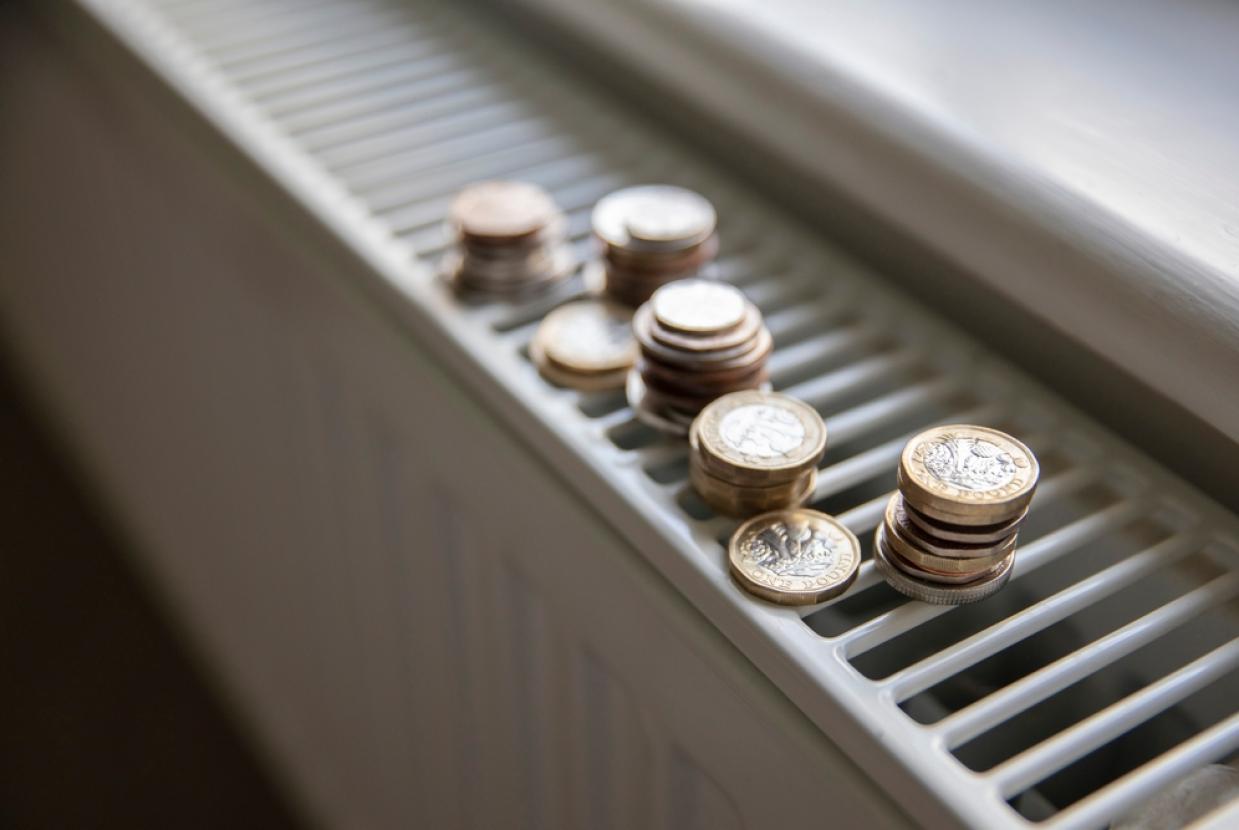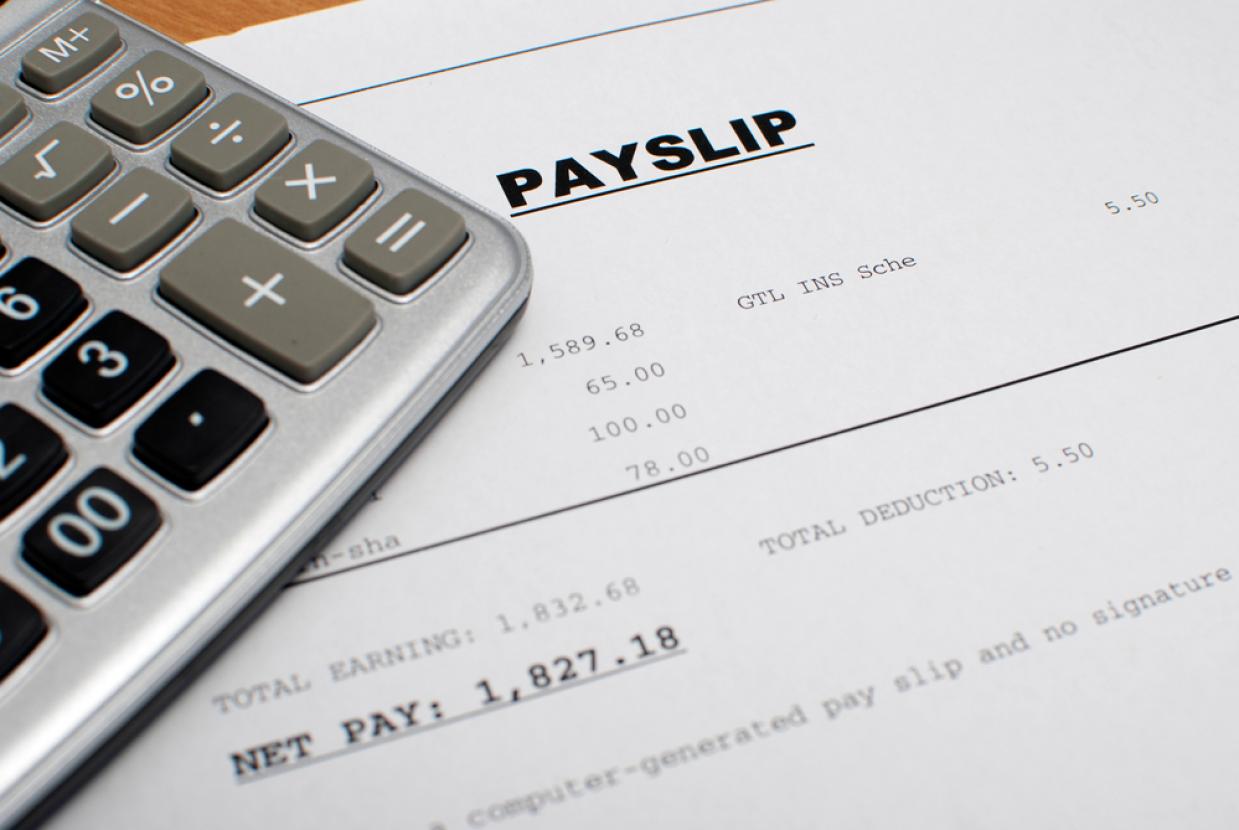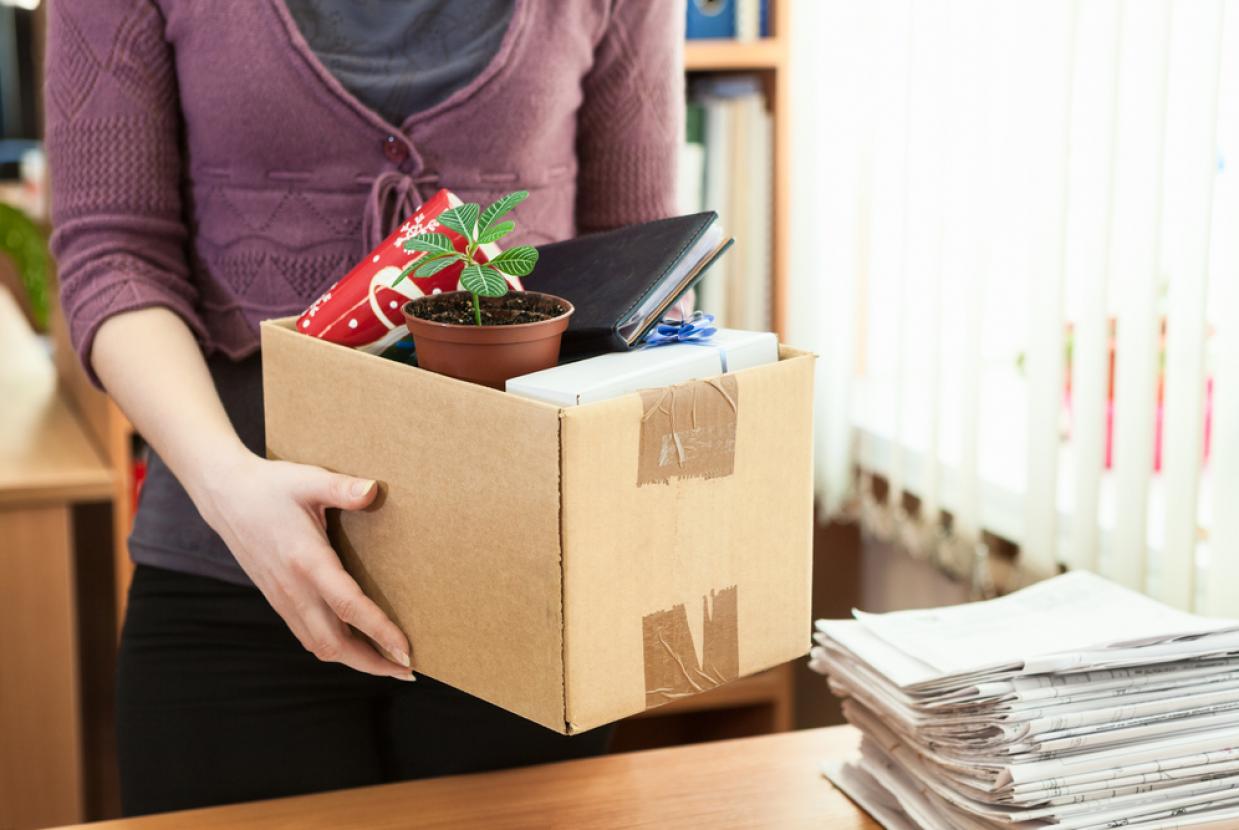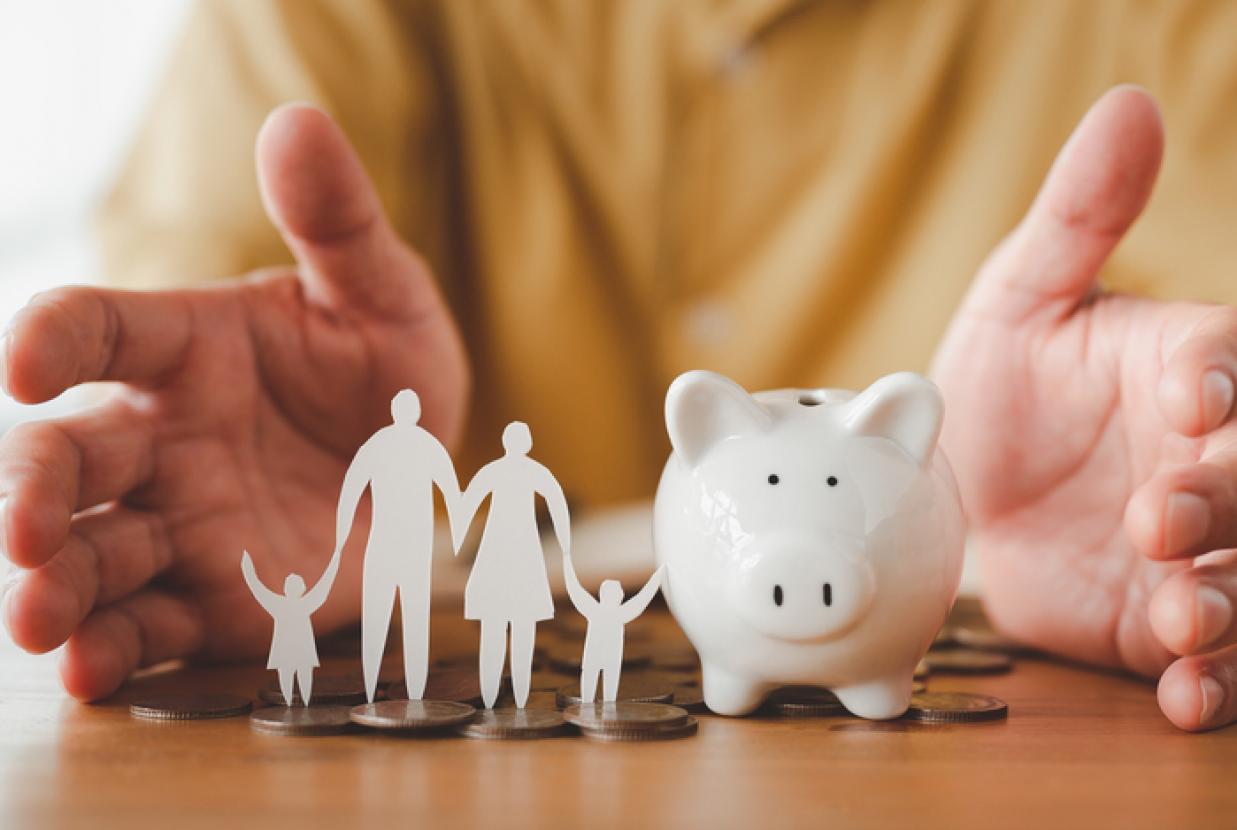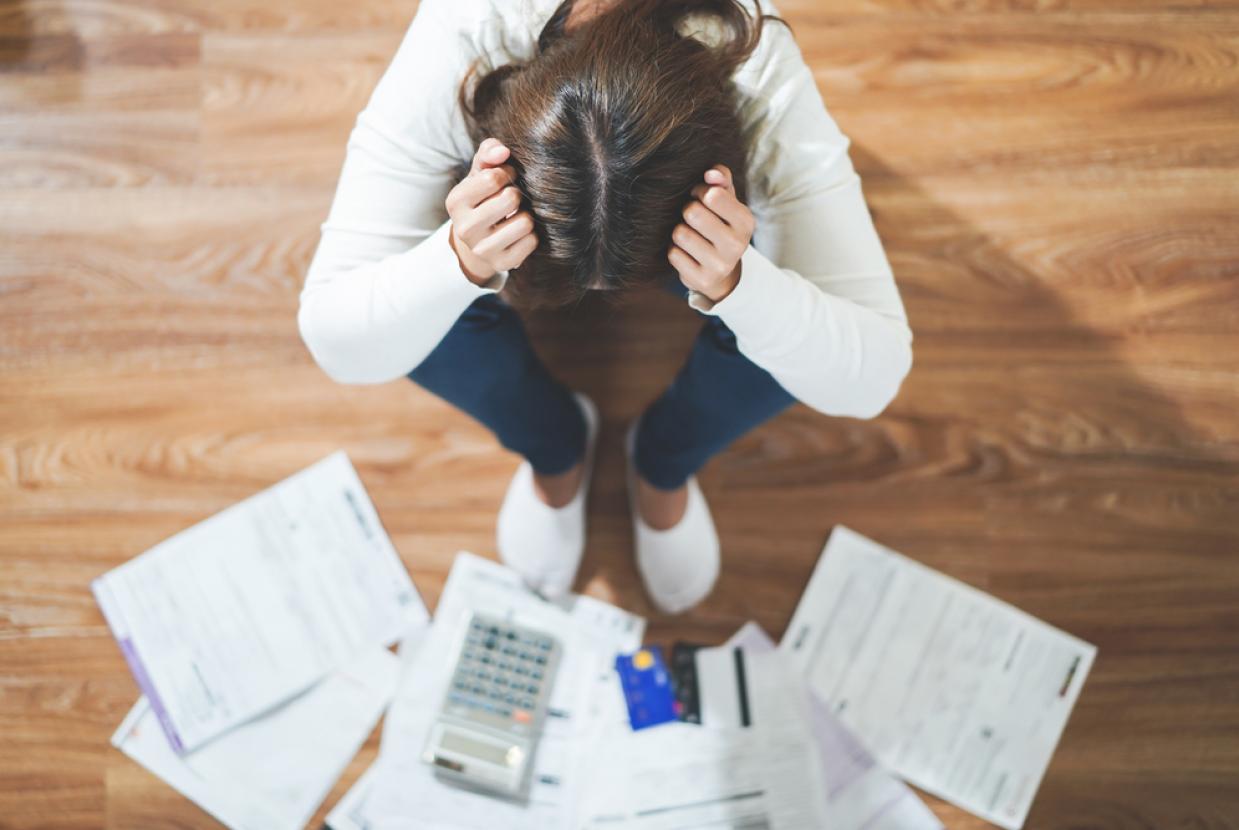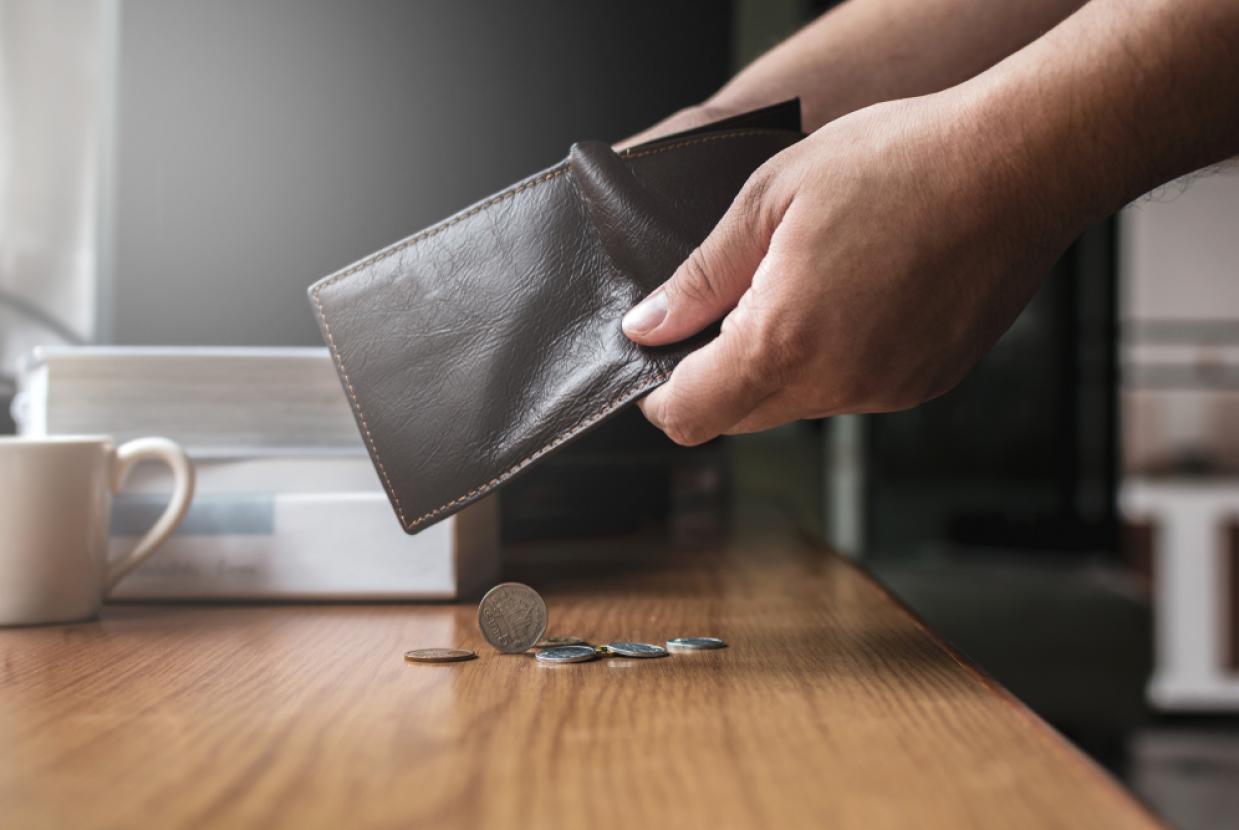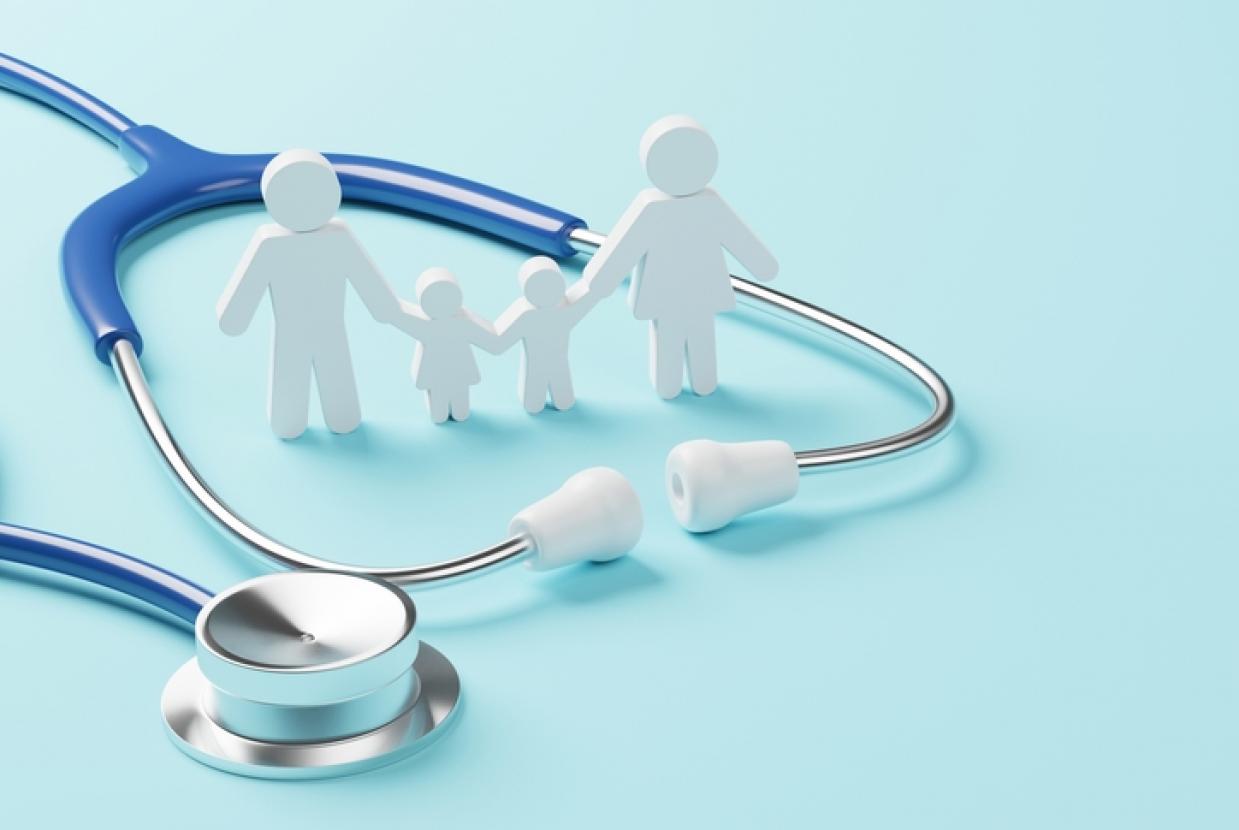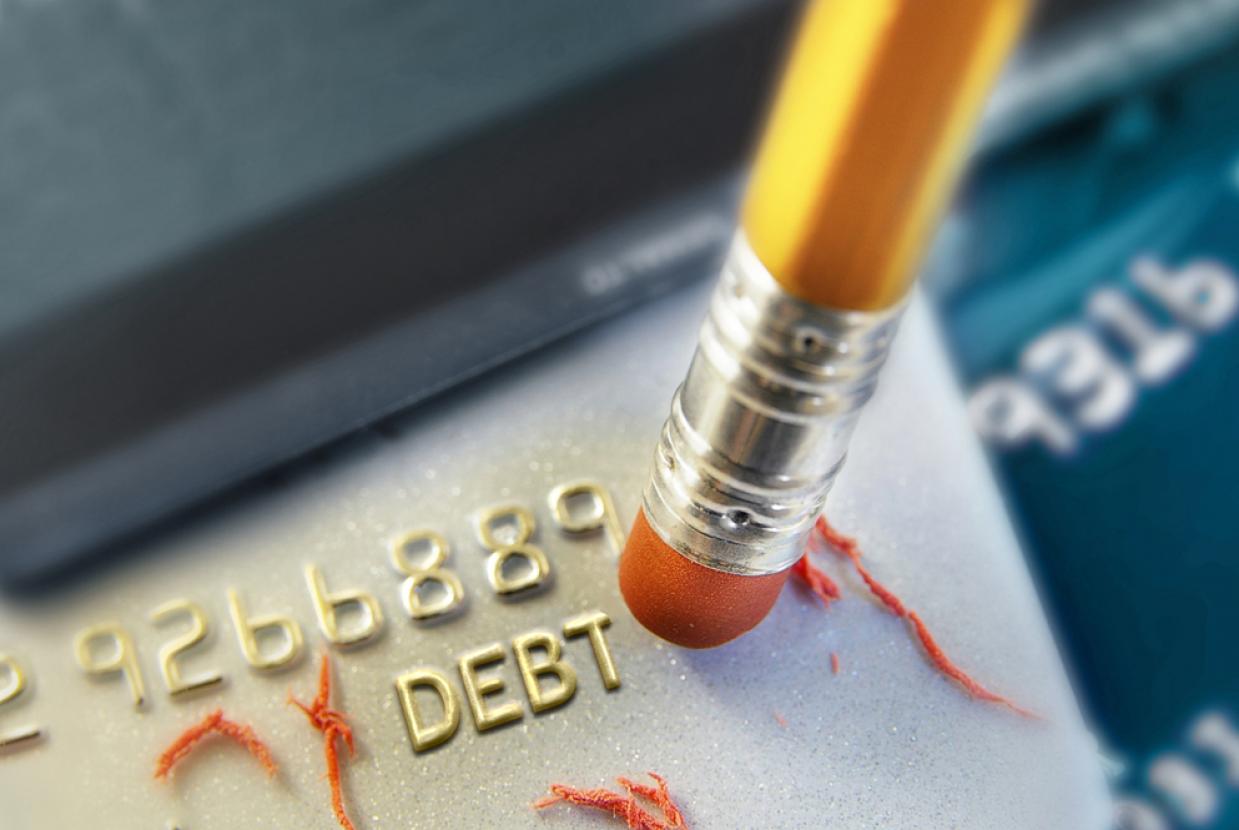Managing Debt
If you're struggling to make ends meet and you're spending more money than you earn, you need to do something about it. Getting into debt could affect you for years to come.
Debt can affect all ages
If you are under 18, you can't apply for credit cards, overdrafts, personal loans and 'hire purchase' schemes. That said, you could fall into debt in other ways, such as borrowing money from your friends or parents.
No matter how old you are or what your level of debt is, it's important to understand how debt can mount up. It's also important to know how to deal with debt problems if you ever face them in the future.
Recognising debt
People who are in debt often make the mistake of ignoring the size of the problem, hoping it will just go away. Unfortunately, debt has a habit of hanging around and getting worse, so it's important to recognise the warning signs at an early stage.
If you're always short of cash, or you're constantly close to your overdraft limit on your bank account, then you should think about taking some action straight away.
Ask yourself where you'd find the money if you had to make a big payment at short notice or in an emergency. If the answer is simply extending your overdraft, then you could be in danger of getting into serious debt.
Doing something about it
The earlier you start to tackle the problem, the easier it will be. If your financial situation is in danger of becoming serious, do something about it now.
The worst thing you can do if you're having money problems is to just ignore the situation. It's often the case that people assume they'll be able to pay off their debt in the future when they start earning more money.
But anything could happen. Interest charges and late payment fees could mean that you're faced with a debt that's a lot more than you expected - sometimes double the amount you originally owed.
If you are worried that you may be getting into debt, several agencies will be able to give you free advice:
What you can do
If you are in debt, it might be that you've lost grasp of your finances. For example, do you know exactly how much money goes in and out of your bank account and how often?
You can make a start by looking at your recent bank statements and finding out where you are spending money on things you could easily do without. By getting rid of these, your cashflow situation will get better quite quickly.
If your situation is a little more serious and you owe money to a number of people or companies, you'll need to start planning a budget and organising your various debts.
Once you know exactly how many debts you have and the total of each one, you can prioritise the most important ones and start to pay them off.


